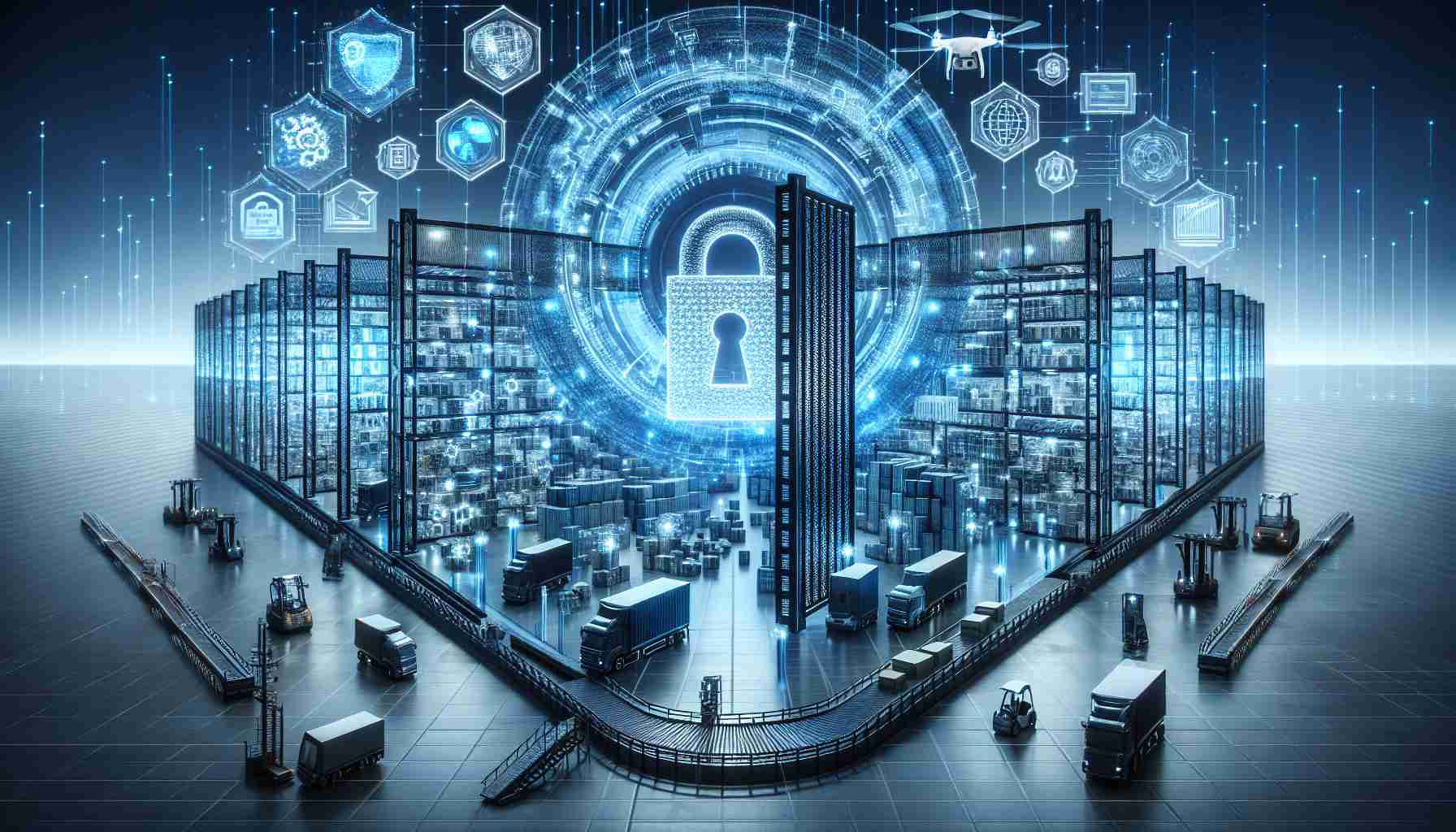The landscape of information security in the logistics industry continues to evolve as cyberattacks become more prevalent. Customers and business partners are placing increased emphasis on data protection measures and information security protocols. Rather than simply meeting basic requirements, organizations are now tasked with demonstrating a high level of security throughout their supply chains.
One of the ways to showcase robust information security practices is through certifications like the widely recognized ISO 27001 standard. These certifications, validated by external auditors, provide assurance to stakeholders that comprehensive security measures are in place. For instance, Dachser recently achieved the prestigious TISAX label, signifying a commitment to meeting stringent security standards, particularly vital in sectors like the automotive industry.
As digitalization and interconnectedness become more prominent in logistics, the need for strong cybersecurity measures is paramount. Companies must invest in proper Information Security Management Systems (ISMS) to mitigate risks, handle vulnerabilities, and respond effectively to security incidents. By staying ahead of evolving threats, organizations like Dachser can align their long-term strategies with the dynamic information security landscape.
Looking ahead, the logistics industry faces challenges such as automation, artificial intelligence, and growing cyber threats from international criminal organizations. To stay resilient, companies must continuously adapt security strategies and technologies to safeguard sensitive information and maintain the trust of their customers and partners. By prioritizing information security and proactively addressing emerging trends, organizations can navigate the complexities of the digital age with confidence.
FAQ Section:
Q: What are some key considerations for information security in the logistics industry?
A: In the logistics industry, businesses are increasingly focusing on data protection measures and information security protocols to address the rising threat of cyberattacks and ensure the security of their supply chains.
Q: How can organizations demonstrate strong information security practices?
A: Organizations can showcase robust information security practices by obtaining certifications such as ISO 27001, which are validated by external auditors and provide assurance to stakeholders that comprehensive security measures are in place throughout the organization’s operations.
Q: What is the significance of certifications like ISO 27001 in information security?
A: Certifications like ISO 27001 demonstrate a commitment to meeting stringent security standards and provide stakeholders with confidence that the organization has implemented effective security measures to protect sensitive data and information.
Key Terms/Definitions:
ISO 27001: An internationally recognized standard for information security management systems that sets out requirements for establishing, implementing, maintaining, and continually improving an organization’s information security management processes.
TISAX label: The Trusted Information Security Assessment Exchange (TISAX) label is a certification that signifies adherence to rigorous security standards, particularly relevant in industries like automotive where data protection and security are crucial.
Information Security Management Systems (ISMS): A systematic approach to managing sensitive company information by implementing appropriate security measures to protect it from unauthorized access, use, disclosure, disruption, modification, or destruction.
Suggested Related Links:
Dachser Official Website










